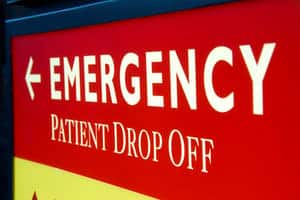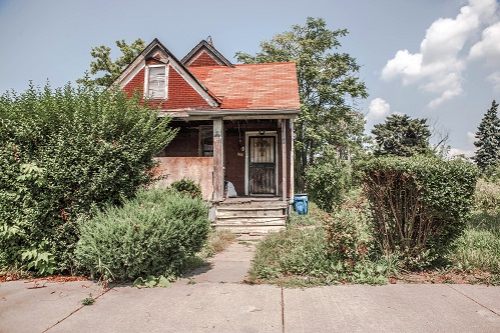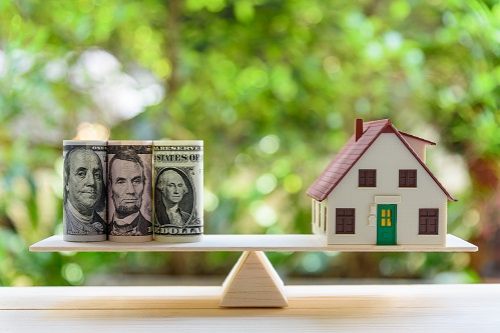What are siren chasers?
Siren chasers are individuals and companies that take advantage of moments of disaster and confusion where people aren't sure what to do next. They offer services, but are really looking to make money. While some of them may be legitimate companies, their approach to drumming up business is predatory.
While the traditional image is of the personal injury lawyer showing up an accident scene (hence the name "siren chasers"), there are many other, less well-known approaches that are much the same concept. Let's take a look at two common examples.
Door-to-door sales after a disaster or storm
Lynne McChristian, Florida representative for the Insurance Information Institute, says if your home is damaged in a disaster or by an accident, it's not unusual to have unscrupulous companies show up at your door. They say they'll handle your insurance claim, serving as an intermediary between you and the insurance company.
If you sign their contract, don't be surprised to be charged more than your insurance company will pay, McChristian warns. If you don't pony up the difference, the repair company could put a lien on your home.
Rather than signing on the dotted line if a rogue company shows up at your home, your first step should be to call your homeowners insurance company for assistance, McChristian says.
The insurance company will typically have a list of approved vendors that can make the repairs.
Towing cars after an accident
After a wreck, a tow truck driver you never called might suddenly appear and try to tow your car from the scene.
While tows arranged through an insurer, a service like AAA or a responding police offer are typically priced according to set schedules, rogue operators don't have to play by those rules in many areas.
If your car is blocking traffic, the law enforcement officer at the scene may call a tow truck to move it out of the way.
Otherwise, you should call your insurance company, AAA or a company you've used before rather than hire a random tow truck driver who appears on the scene.
These tow truck drivers and restoration companies may monitor police scanners and respond after a call goes out, or the drivers could be roaming local highways, looking for an accident.
How to avoid siren chasers
The problem with siren chasers is particularly acute after a major disaster, such as a hurricane or tornado, where whole blocks have been damaged or destroyed.
In a situation such as a hurricane, insurance companies will send swarms of adjusters so they'll be stationed near the area before the storm, McChristian says. If the disaster is unexpected, such as an earthquake or tornado, insurers will send adjusters to the scene as soon as possible. When law enforcement gives the all-clear, the adjusters will fan out through the area to help their customers.
Insurance companies try to handle disaster claims quickly, she says. Because they are handing out payment for repairs, "the money attracts unscrupulous people."
If you decide to hire your own contractor, you need to make sure they're properly vetted.
To help customers avoid being taken for a ride, Allstate passes out brochures at its mobile claims centers when responding to disasters.
Their recommendations include:
- Be wary of contractors who solicit door to door. Instead work only with established contractors.
- Make sure the contractor is licensed, bonded and insured and can document that.
- Check their references.
- Check your local Better Business Bureau to see if complaints have been filed against contractors you're considering.
- Don't pay upfront or pay in full.
Because you never know when you might be faced with an accident or disaster, so "people need to develop their fraud radar," McChristian says.

 Siren chasers are companies or individuals who try to take advantage of a disaster to make money. They appear when you are vulnerable; after a car accident, a natural disaster or another major disaster, like a house fire, showing up at your home or even at the scene of an accident, offering assistance from a tow to repairs.
Siren chasers are companies or individuals who try to take advantage of a disaster to make money. They appear when you are vulnerable; after a car accident, a natural disaster or another major disaster, like a house fire, showing up at your home or even at the scene of an accident, offering assistance from a tow to repairs.


